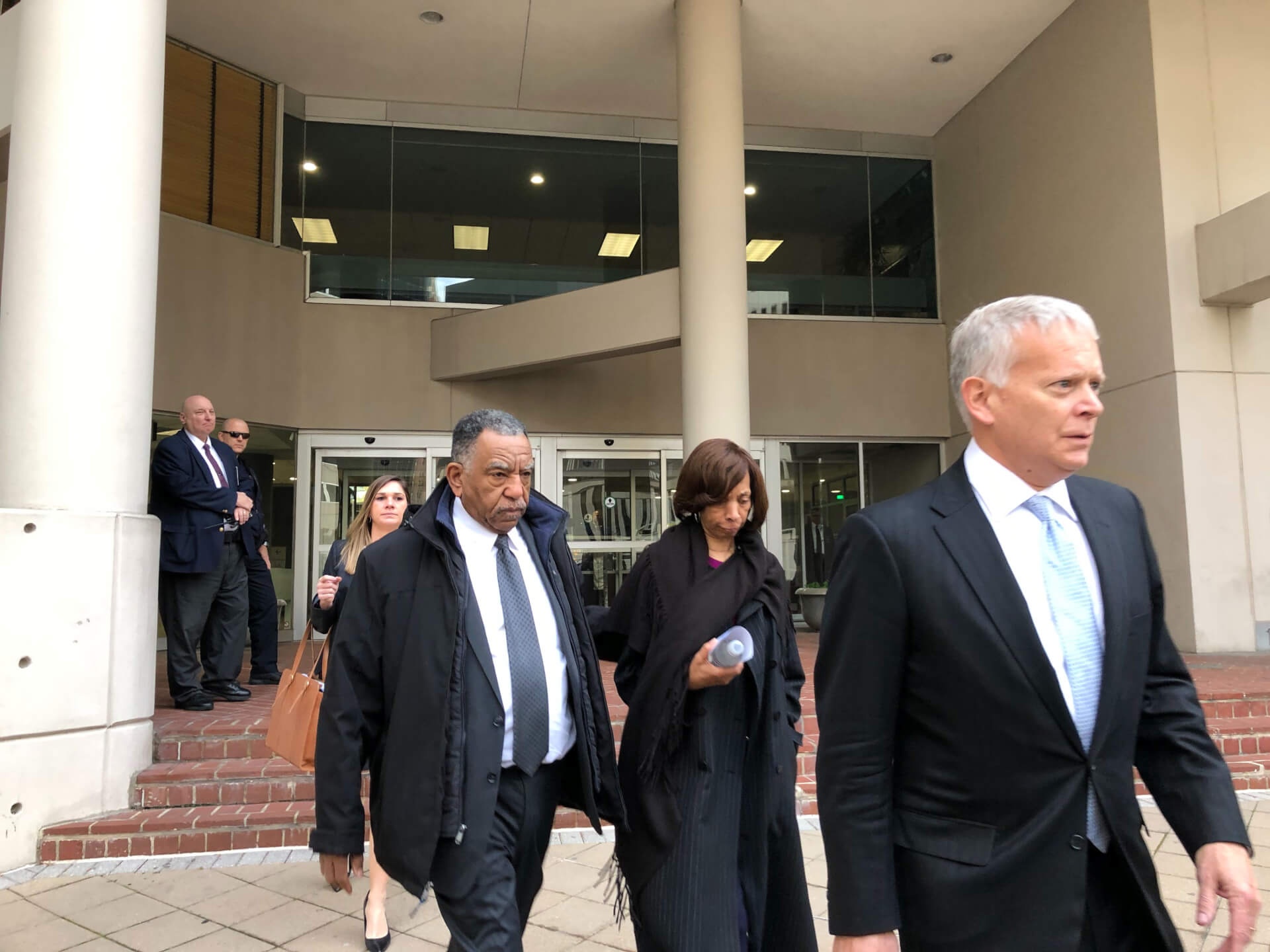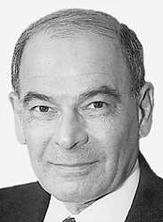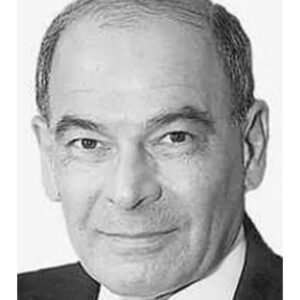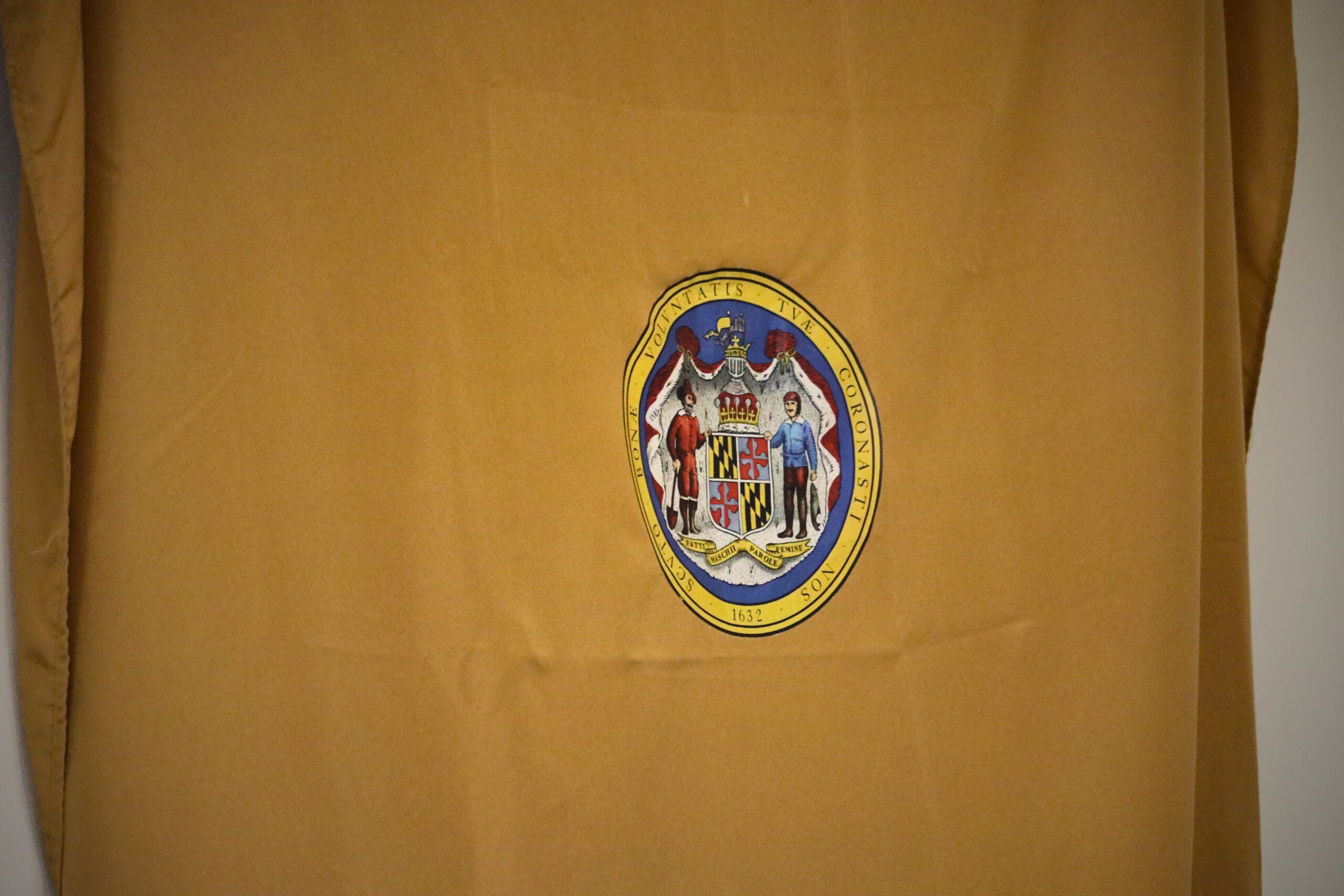Frank DeFilippo: The State Prosecutor’s Office and How it Got That Way

The state special prosecutor never was intended to be Maryland’s gangbuster.
In fact, the office wasn’t supposed to exist at all. It was rejected twice by the General Assembly and finally, out of frustration and to rid itself of the pesky problem, the legislature sent the issue to referendum in 1976, where the voters approved it.
From computer print-out and introduction, to law-book entry and enforcement, lawmaking is often a long and tortuous journey for a bill.
The legislature opposed it, the attorney general rejected it, and the governor of the moment, Marvin Mandel — himself under investigation by federal prosecutors — praised for his wizardry at winning passage of legislation, gave the bill only lip service as he let it die twice for lack of his arm-twisting support.
And now, nearly a half century later, with the law on the books and the prosecutor safely ensconced, the new man on the job, Charlton Howard III, wants to give it more time and broaden its reach to collar errant public officials.

Frank A. DeFilippo
The proposals would do so by expanding the definition of public official, imposing mandatory sentences and lifting the two-year statute of limitations to widen its net.
At least half a dozen offenders have been nailed over the past couple of years. But they were small potatoes compared to the capital-letter names of the early 70s that federal prosecutors investigated and convicted — Vice President Spiro T. Agnew (for crimes beginning when he was governor), Baltimore County Executive Dale Anderson, Anne Arundel County Executive Joseph Alton and the most drawn-out and dramatic of them all, Mandel and five of his cronies.
It was out of that milieu of white envelopes, cash campaign contributions and lavish vacations and gifts that the idea of a special prosecutor was born, not only as a sword but a shield, and initially proposed by Mandel to possibly inoculate himself against criticism of being lax about corruption in Maryland.
And that was the point of the bill to create the state special prosecutor — to show the world that Maryland was capable of sanitizing its own messes without the intrusion of federal prosecutors.
But hidden behind that façade of innocent integrity and aggressive pursuit was another insidious message, and that was to keep control close to home, not only with a friendly appointee but also with access to information and the ability to negotiate, and tamp down if not snuff out investigations, but most of all, with severely limited resources. The proposal had promotional value as well.
There was internal resistance, though. Foremost among the opponents of a special prosecutor was Maryland’s attorney general of the era, Francis B. “Bill” Burch. His protestations helped to soften the bill, and lower the effectiveness of the office.
Countless hours were spent in the governor’s office trying to assuage Burch’s concerns into public support and to moderate the content of the bill into grudging acceptance by the state’s chief law enforcement officer.
Burch argued that the creation of such a position would diminish his own constitutionally established office in the public view and convey the impression, true or not, that the attorney general was not doing his job and the office needed propping up.
Furthermore, Burch argued, the office of the attorney general was able to carry out the functions that were to be assigned to a special prosecutor, usually with the assistance of local state’s attorneys. And if not, and where not, the law applying to the attorney general’s office could be expanded to include the investigatory authority envisioned for the prosecutor.
Finally, Burch argued, a special prosecutor, if one were to be established, should be incorporated into the attorney general’s office and under his control. (If memory is correct, the special prosecutor, as it was originally constituted, needed authorization from the attorney general to launch an inquiry or investigation. The special prosecutor can now initiate investigations or be ordered to by top state officials.)
The embrace of the bill was an exquisite example of Mandelian ju-jitsu. Mandel, for his part, was ambivalent about the need or the purpose of a new state-level criminal prosecutor. But he was in the untenable position of being unable to oppose it at the same time he proposed it because he was a target of federal prosecutors while he was reluctant to give it all-out support because, at heart, he was lukewarm toward it.
In his 1976 State of the State address, Mandel took on the issue full-force despite his misgivings: “However, one of the most important measures I will ask you to act upon in the coming months is the renewed attempt [the third time] to establish the office of special prosecutor in Maryland. Surely there is no question in anyone’s mind that such an office is needed to erase any doubt that the state is capable of mustering its own initiative in dealing with wrongdoing.”
Backstage, though, Mandel was quietly encouraging reluctant lawmakers to dispose of the issue one way or another, even by sending it to the voters for a decision, if necessary, just to clear it off their desks and to create the aura of crime-fighting determination.
At the same time, Mandel was quietly lobbying members of Congress to tighten federal laws and curb the powers of federal prosecutors lest they become victims of the same aggressive investigations as state and local officials, including himself. (Mandel eventually won a court appeal reversing his conviction on a technicality after severing 19 months in prison before President Ronald Reagan commuted the sentence to time served.)
The very first appointed state prosecutor was Stephen Montanarelli, a seasoned prosecutor and nobody’s pushover, who was given the job and few resources to work with. Along the way, the special prosecutor’s office has had a number of successes in the areas for which it is responsible – mainly state election, ethics and financial reporting laws.
Despite the lofty claims of Mandel and others about dealing with local corruption, the state prosecutor, with a minimal staff and office, could never match the authority and ability of the U.S. attorney’s office to fight crime and corruption and its wherewithal to marshal the combined forces of the FBI, the IRS, the U.S. Marshals, grand juries, wiretaps, federal laws and the federal budget to pursue wrongdoing.
The most recent and notable catches – former Baltimore mayor Catherine Pugh, former Del. Cheryl Glenn, of Baltimore, and former Del. Tawanna Gaines, of Prince George’s county – were all brought down by federal prosecutors. The state prosecutor followed up Pugh’s federal charges with an indictment for perjury.
But it was the state prosecutor that indicted and won a conviction and resignation of former mayor Sheila Dixon after a three-year investigation into her personal use of gift cards that were intended for the poor and her failure to report expensive trips and shopping sprees.
No matter how much authority the legislature gives the special prosecutor, it can never match the long arm of the federal government. But in an environment where cash is king and temptation is great, forearmed is forewarned, and a few more arrows in the quiver won’t hurt.




 Creative Commons Attribution
Creative Commons Attribution